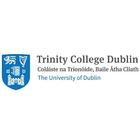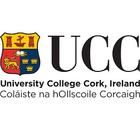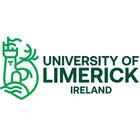- News and articles
- Events
- Find usIDP AustraliaIDP BahrainIDP BangladeshIDP CambodiaIDP CanadaIDP ChinaIDP EgyptIDP GhanaIDP Hong KongIDP IndiaIDP IndonesiaIDP IranIDP JordanIDP KenyaIDP KoreaIDP KuwaitIDP LebanonIDP MalaysiaIDP MauritiusIDP Middle EastIDP NepalIDP New ZealandIDP NigeriaIDP OmanIDP PakistanIDP PhilippinesIDP Saudi ArabiaIDP SingaporeIDP Taiwan, ChinaIDP ThailandIDP TurkeyIDP UAEIDP VietnamIDP Corporate
- Social
- English
Discover why studying in Ireland is a great option for Sri Lankan students
Welcome to a world of possibilities! Ireland, with its renowned universities, vibrant culture, and welcoming environment, offers Sri Lankan students an unparalleled study experience. Discover why studying in Ireland could be the key to unlocking your future success.
Importance or Ireland Student Visa
Obtaining a student visa is essential for non-EU/EEA nationals planning to study in Ireland. This visa grants legal entry and permission to reside in the country for educational purposes. The Irish Naturalisation and Immigration Service (INIS) outlines the application process, required documentation, and eligibility criteria for prospective students.
Upon arrival, students must register with the local immigration office to receive a residence permit, allowing them to stay in Ireland for the duration of their studies. This registration is mandatory and must be renewed periodically.
Holding a valid student visa also enables students to work part-time during their studies, providing opportunities to gain work experience and support themselves financially. Therefore, securing the appropriate visa is crucial for a successful and lawful educational experience in Ireland.
Need assistance with your Ireland student visa application? Here's some guidance.
Ireland is not just the land of saints and scholars but also many popular MNCs have their headquarters here. With quality education, numerous career opportunities and peace Ireland is a complete package for international students. Want to study in Ireland? You would require a student visa. There are two kinds of student visas for studying in Ireland. Want to know more? Read on.
Ireland student visa
The Irish Government provides an opportunity to all Sri Lankan students to study in the country but as a prerequisite, you’ll have to obtain a student visa first. The visa you’d need will depend on your age and the type of study you wish to pursue in Ireland.
As of November 2024, Ireland offers various visa types to accommodate different purposes of travel. Below is an overview of the primary visa categories:
1. Short Stay 'C' Visas (Stay of 90 days or less):
Tourist Visa: For individuals visiting Ireland for tourism or leisure purposes.
Business Visa: Allows entry for business-related activities such as attending meetings, conferences, or negotiating contracts.
Visit Family/Friend Visa: For those intending to visit family members or friends residing in Ireland.
Exam Visa: Permits entry to sit for exams in Ireland.
Performance/Tournament Visa: For individuals participating in performances or tournaments.
Training Visa: Allows entry for short-term training purposes.
2. Long Stay 'D' Visas (Stay exceeding 90 days):
Study Visa: For students enrolled in courses longer than three months.
Employment Visa: For individuals who have secured employment in Ireland and possess the necessary employment permit.
Join Family Visa: Allows family members to join their relatives residing in Ireland.
Researcher Visa: For researchers undertaking projects in Irish institutions.
Minister of Religion Visa: For individuals entering Ireland to work as a minister of religion.
Volunteer Visa: For those participating in voluntary work with authorized organizations.
3. Other Visa Categories:
Transit Visa: Required for certain nationalities transiting through Ireland to another destination.
Working Holiday Visa: Available to young people from specific countries, allowing them to work and travel in Ireland for up to a year.
*Source: https://www.irishimmigration.ie/
Documents required for an Irish study visa
To apply for your study visa, you will generally need:
A current passport or other valid travel documentation
Letter of acceptance from a recognised Irish institution
As a mandatory condition, your passport needs to be valid for 12 months i.e., after your proposed date of arrival in Ireland.
Passport-sized colour photographs
The score of an English language proficiency test such as IELTS
Proof of fee payment (this can either be a valid receipt showing course fees have been lodged to an approved student fee payment service or the copy of the Electronic Transfer of Funds by the applicant to the Irish bank of the university or college
Evidence of funds €10,000 to provide your living expenses for the duration of your course
Evidence that accounts for any gaps in your educational history (if any)
Medical insurance details
You might also be asked to provide with your biometric information as part of the application process
A statement of your commitment that you’ll leave Ireland on the expiry of your visa
Evidence of academic ability to pursue your chosen course
When can you apply?
You can apply for a study visa up to three months before your travel date to Ireland. But, if you plan to visit another state before you travel to Ireland, then you must possess a relevant visa for that state in your passport before you apply for an Irish visa.
Applying for your visa online
You can apply for your student visa application online using the Irish Government’s official website. You can apply up to three months before your intended date of travel to Ireland. Remember, your application date is the date when your application fee is paid.
How can IDP help in your visa application?
If you’re an IDP student with an offer letter from any of our partner institutions in Ireland, we can advise you on how to go about the entire process. We’ll make sure you are fully informed on the latest visa requirements and conditions; and help you prepare the right documents for your submission.
Our team of experts will direct you to the official websites and to authorised immigration representatives to ensure you have the latest applications forms and guidance. To reduce the hassle, we can also help to certify, translate and courier your documents.
English language requirements
To gain your study visa for Ireland, you’ll have to provide evidence of proficiency in the English language. This usually means passing a secure English language test to be able to prove your communication and correspondence skills.
The International English Language Testing System (IELTS) is the world’s most popular high-stakes English language proficiency test for study, work and migration, with more than three million tests taken in the past year. The IELTS results are recognised by more than 10,000 organisations, including educational institutions, employers, professional associations, and governments, in 140 countries around the world.
A minimum score of 5.0 band is required in IELTS to apply for an Irish study visa.
Since Ireland does not have an embassy in Sri Lanka, interested students can contact the Irish Embassy, Consulate General or Honorary Consulate in India. Know more.
Want to know more? Connect with our international education experts at IDP, they will help you with the visa process
Frequently Asked Questions (FAQs)
Ques 1: How do I apply for an Irish student visa?
Ans: You can apply online through the Irish Naturalisation and Immigration Service (INIS) website, follow the instructions strictly to avoid any delays.
Ques 2: How long does it take to process a student visa for Ireland?
Ans: Processing time depends on the situation, but you should allow at least 8 weeks. It is advisable to apply as early as possible.
Ques 3: Can I work in Ireland with a student visa?
Ans: Yes, students with a Stamp 2 visa can work part-time during the academic year (up to 20 hours per week) and full-time during school holidays.
Ques 4: Can I stay in Ireland after completing my studies?
Ans: Graduates of certain programs may be eligible for the Third Level Graduate Scheme, allowing them to remain in Ireland to seek employment or apply for a work permit/green card.
Ques 5: What happens if my student visa application is denied?
Ans: You will be informed of the reason for the refusal and have the option to appeal the decision within two months of receiving it.
Ques 10: Do I need to register with the Garda National Immigration Bureau (GNIB) after arriving in Ireland?
Ans: Yes, if you are staying in Ireland for longer than 90 days, you must register with the GNIB to obtain permission to remain in the country.
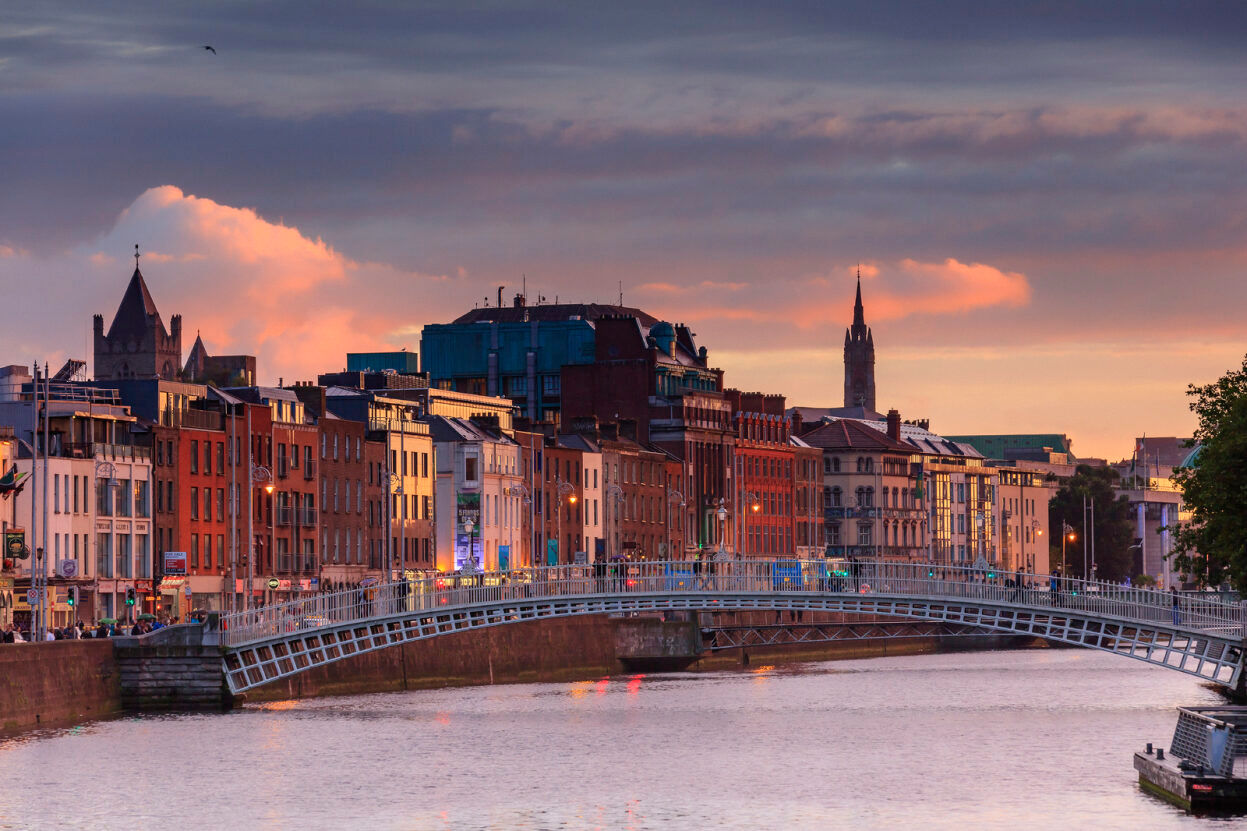
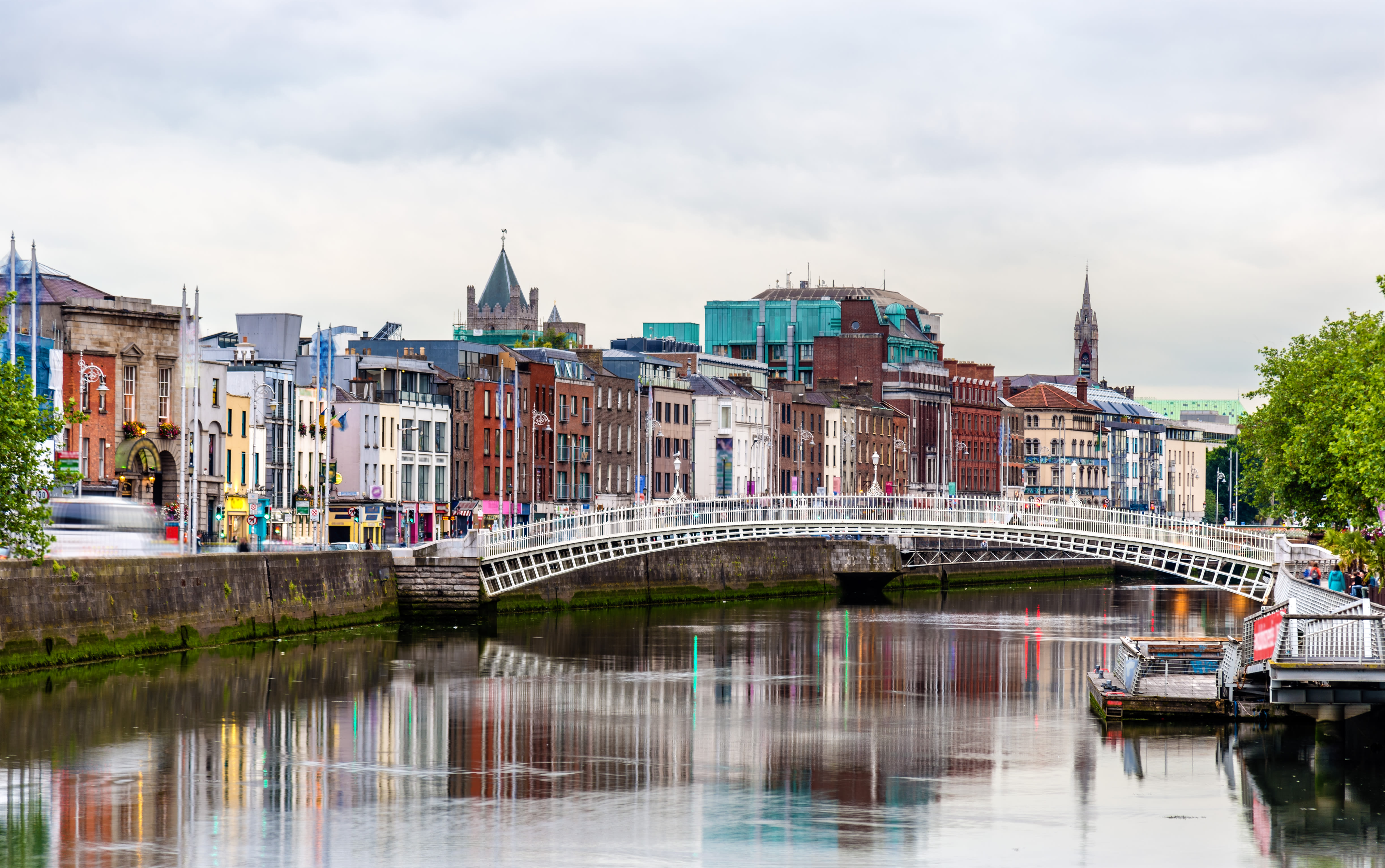
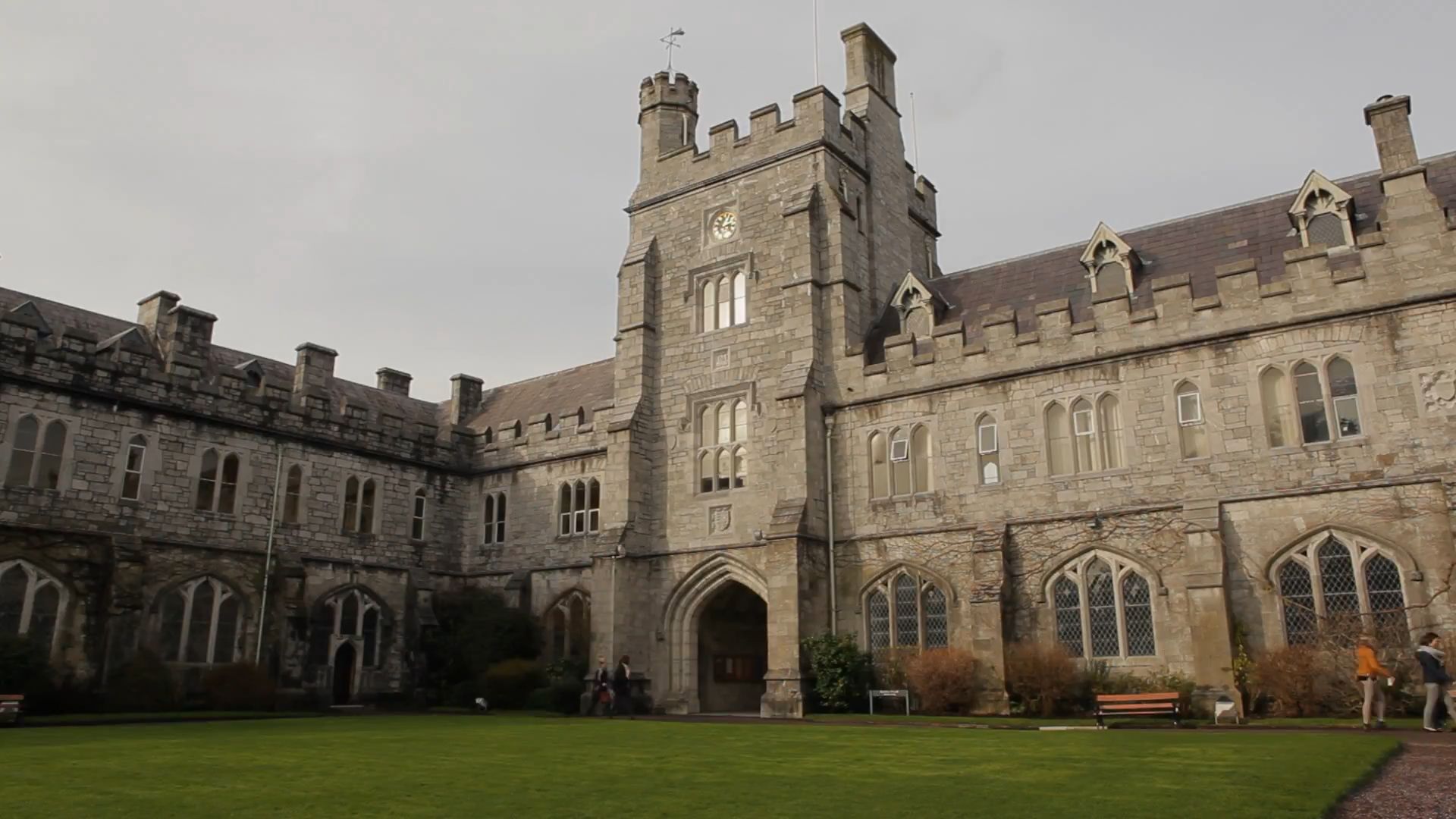
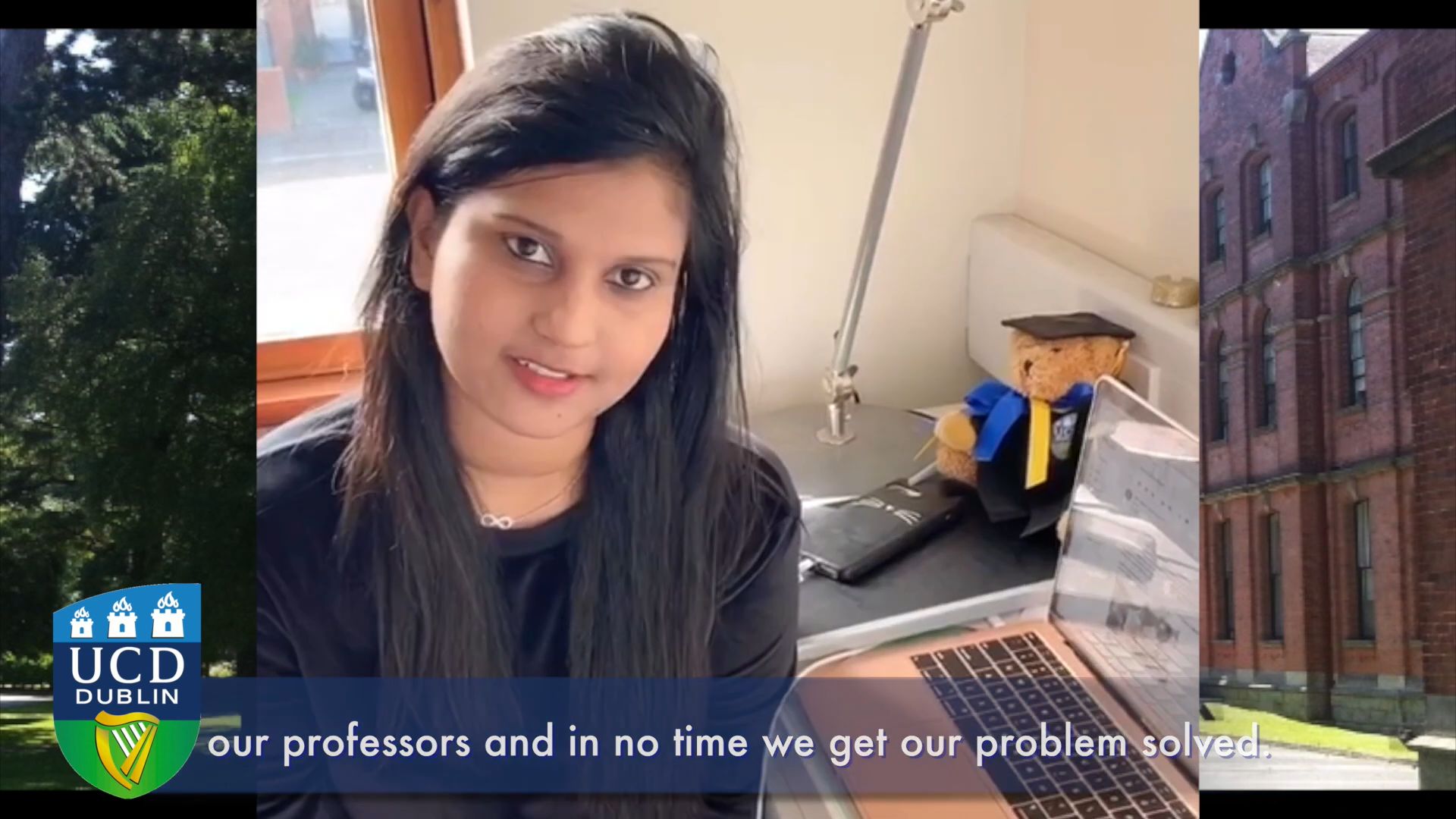
Explore in Ireland
Hover over the city cards to discover more!

Send funds securely with money transfer
Explore safe, convenient and fast payment solutions with our market leading partners.
Cost of living calculator
Estimate how much you will need to cover your expenses including cost of living comparison for various country and accommodation options.
Can’t decide where to study?
Answer 5 quick questions to get personalised content and course recommendations






